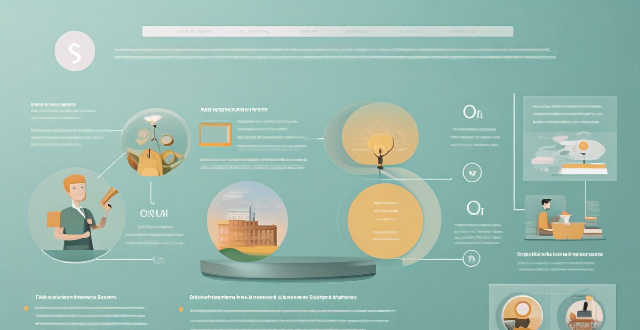The Task Force on Climate-related Financial Disclosures (TCFD) was established by the Financial Stability Board (FSB) to develop a framework for companies to disclose information about their impact on, and from, climate-related risks. These disclosures play a crucial role in enhancing transparency and accountability in business practices. By adhering to TCFD recommendations, businesses are compelled to communicate openly about their strategies and plans related to climate change. This includes identifying and explaining the potential impact of climate change on their operations and disclosing any financial risks or opportunities that may arise due to climate change. Investors increasingly demand clarity on how companies are addressing climate change. TCFD disclosures provide this clarity, fostering trust among investors and other stakeholders. The TCFD framework sets clear benchmarks for disclosure, making it easier for stakeholders to assess a company’s performance against industry standards. This promotes comparative analysis and performance evaluation. As the TCFD gains momentum, companies are incentivized to comply not just for regulatory reasons, but also to maintain their reputation and competitive edge in the market. Knowing they must report on climate-related matters can push companies to innovate, seeking new ways to reduce environmental impacts and adapt to climate risks. With TCFD disclosures, companies are prompted to consider long-term implications of their actions, leading to more sustainable business models. The disclosures align businesses with the United Nations Sustainable Development Goals (SDGs), particularly those related to climate action and life on land. TCFD provides a global standard for reporting, ensuring that companies operating across multiple jurisdictions can be assessed consistently. Through TCFD disclosures, companies can share successful strategies and practices related to climate risk management, fostering a collaborative approach to addressing climate change. Disclosures can reveal areas where companies might need partners—whether in technology, research, or other sectors—to achieve their climate goals.

How do TCFD Disclosures Improve Transparency and Accountability in Business Practices?
The Task Force on Climate-related Financial Disclosures (TCFD) was established by the Financial Stability Board (FSB) to develop a framework for companies to disclose information about their impact on, and from, climate-related risks. These disclosures play a crucial role in enhancing transparency and accountability in business practices. Let's delve into how:
Enhancing Stakeholder Trust
Promoting Open Communication
By adhering to TCFD recommendations, businesses are compelled to communicate openly about their strategies and plans related to climate change. This includes:
- Identifying and explaining the potential impact of climate change on their operations.
- Disclosing any financial risks or opportunities that may arise due to climate change.
Building Trust with Investors
Investors increasingly demand clarity on how companies are addressing climate change. TCFD disclosures provide this clarity, fostering trust among investors and other stakeholders.
Increasing Accountability
Setting Benchmarks
The TCFD framework sets clear benchmarks for disclosure, making it easier for stakeholders to assess a company’s performance against industry standards. This promotes:
- Comparative Analysis: Allowing stakeholders to compare companies' performances more effectively.
- Performance Evaluation: Providing a basis for evaluating a company's efforts towards sustainability.
Encouraging Compliance
As the TCFD gains momentum, companies are incentivized to comply not just for regulatory reasons, but also to maintain their reputation and competitive edge in the market.
Driving Sustainable Business Practices
Stimulating Innovation
Knowing they must report on climate-related matters can push companies to innovate, seeking new ways to reduce environmental impacts and adapt to climate risks.
Long-term Planning
With TCFD disclosures, companies are prompted to consider long-term implications of their actions, leading to more sustainable business models.
Aligning with Global Goals
Supporting SDGs
The disclosures align businesses with the United Nations Sustainable Development Goals (SDGs), particularly those related to climate action and life on land.
Global Reporting Standards
TCFD provides a global standard for reporting, ensuring that companies operating across multiple jurisdictions can be assessed consistently.
Encouraging Collaboration
Sharing Best Practices
Through TCFD disclosures, companies can share successful strategies and practices related to climate risk management, fostering a collaborative approach to addressing climate change.
Partnership Opportunities
Disclosures can reveal areas where companies might need partners—whether in technology, research, or other sectors—to achieve their climate goals.
In conclusion, TCFD disclosures serve as a powerful tool for enhancing transparency and accountability in business practices by setting standards for communication, increasing stakeholder trust, driving sustainable practices, and encouraging collaboration towards global climate goals.